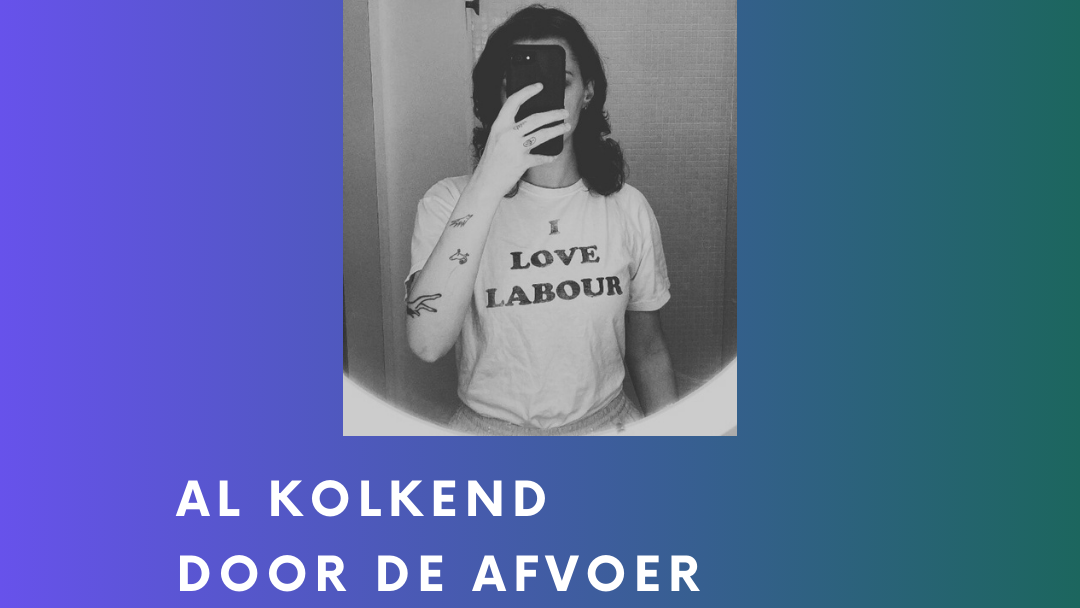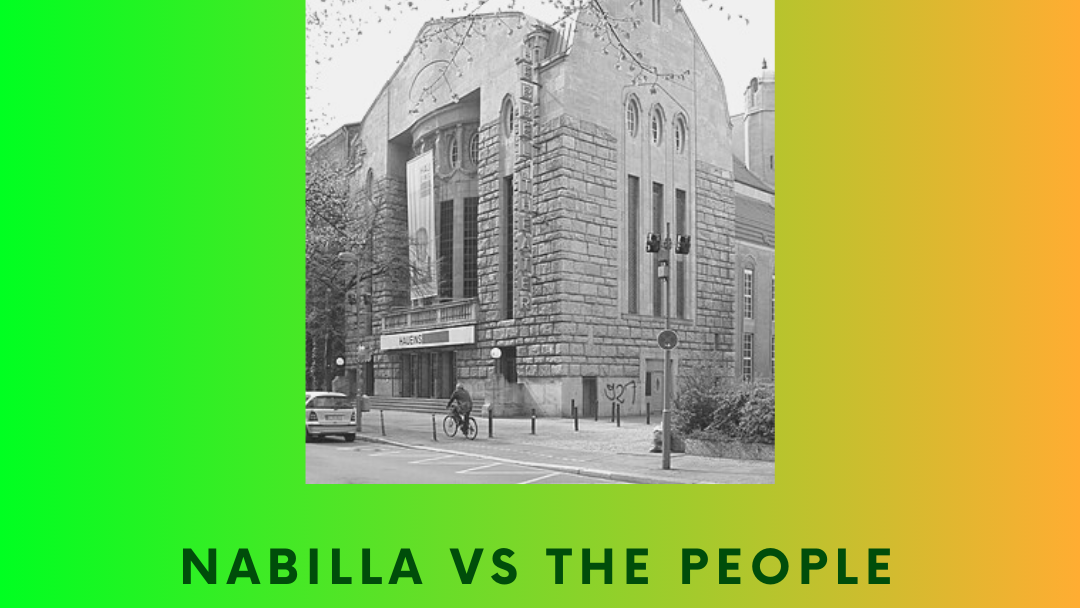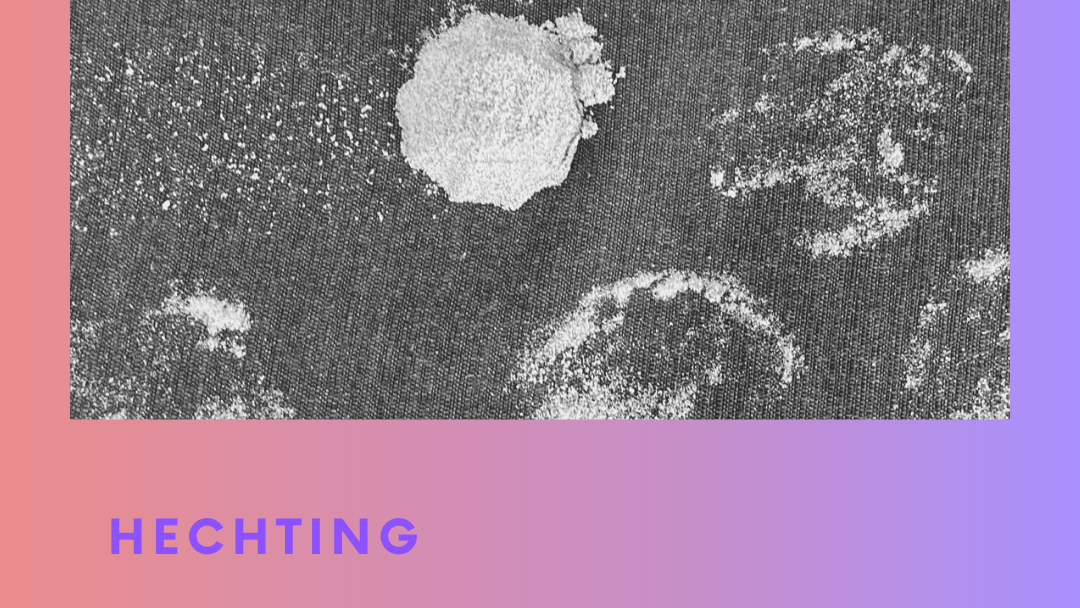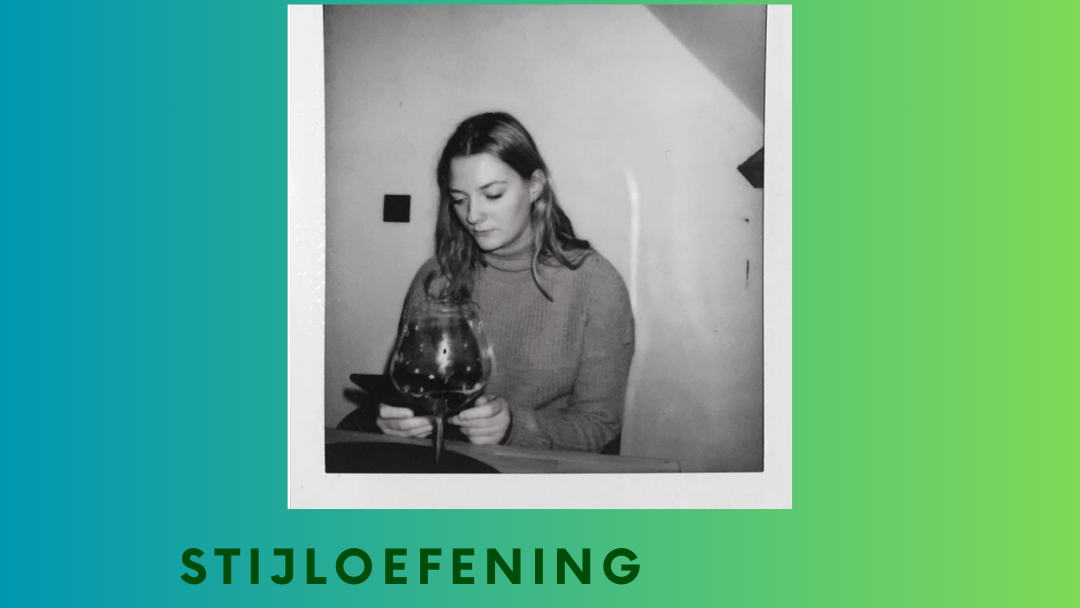non-fiction
deel 2 van As I Am
You have an ‘odi et amo’ relationship with psychoanalysis and you are trying to "queer your way through life", a quote by a professor of yours when you asked her if me being non-binary makes you queer, (“It doesn’t” she said, “it makes you ‘queering’”) and these two collide in the book you’re reading: ‘Can The Monster speak’ by Paul C. Preciado. You want me to read it, because it’s probably the only accessible book by the writer. We’re in a coffee bar, I take the copy and your pastel yellow highlighter, and I tell you you shouldn’t only highlight the important things, but also the poetry beneath it all. You don’t tend to do that, so I decide that’s on me now, and I start reading.
On November 17, 2019, Paul Preciado gave a speech at a psychoanalysis conference for “Women in Psychoanalysis”. He was never able to finish that speech. After a quarter of what he had prepared, he was booed out of the conference hall.
Preciado later published his text under the name "Can the Monster Speak" after the chaotic fragments recorded on blurry cell phones by angry psychoanalysts ran rampant online.
Although I have been in analysis for over a year now, I know too little about Freud and Lacan to be able to reproduce or interpret what Preciado was trying to tell the angry flock of psychoanalysts. I know my psychoanalyst doesn't quite understand what I mean when I say I'm non-binary, I know she likes to link everything I do to my parents and I know that when she talks about love, sex and relationships, she always does it in relation to men, even though there are quite a few more gender identities swimming in my dating pool.
I do know enough about gender dysphoria, the hatred for heteronormative patriarchy, and the clear definitions of identity that release others from their position to understand what Preciado means when he talks about himself and his role in this society.
And I agree.
There is something unbearably claustrophobic about being a woman. It is in the heavily loaded art history: it is the two options you are condemned to, it is the fatality, it is the fragility, it is the never ending violence. It is the body parts that will never be your own. It is an appearance that will never be right. It's a battle, my body is a battle, my body is a battlefield for violence and penetration, a frontline that takes on attack after attack, and when it finally breaks, it welcomes the enemy into ablood-soaked, arid terrain.
A (no) man's land. Up for grabs.
In an effort to set up my own siege, I am shedding my womanhood as if it were a second skin.
So I keep reading the book, and on page 22 Preciado asks “What is it in a child's body that determines your whole life for you?”
“You could scratch yourself until you bled and not find an answer. You could split your head open on the steel bars of gender and not discover the reason.”
And as I am looking at the pile of shedded skin, I realise I freed myself from the dead weight I was carrying along for all these years. But the cage remains.
There is no liberation in my identity, and there will never be freedom, Preciado and I both know that. I told my psychoanalyst that I feel freer, but that feeling is as constructed as my identity. A colorful mishmash of intersections, pronouns that the majority of the population don’t know anything about, and above all just who I was and have been these past years: a person people perceive to be a woman.
Preciado has changed his name: Beatriz and his new pronouns couldn't coexist, his friends said. He asked a shaman what name to take, and was told it would appear in a dream. And he dreamed of a book: "Complete works of Marx including the poetry, edited by Paul B. Preciado". And there it was, his shaman confirmed: this was his name.
You ask me if I am also thinking about another name.
I do, I say, but I have no idea what it could be.
Maybe I should look for a shaman too.
Preciado later published his text under the name "Can the Monster Speak" after the chaotic fragments recorded on blurry cell phones by angry psychoanalysts ran rampant online.
Although I have been in analysis for over a year now, I know too little about Freud and Lacan to be able to reproduce or interpret what Preciado was trying to tell the angry flock of psychoanalysts. I know my psychoanalyst doesn't quite understand what I mean when I say I'm non-binary, I know she likes to link everything I do to my parents and I know that when she talks about love, sex and relationships, she always does it in relation to men, even though there are quite a few more gender identities swimming in my dating pool.
I do know enough about gender dysphoria, the hatred for heteronormative patriarchy, and the clear definitions of identity that release others from their position to understand what Preciado means when he talks about himself and his role in this society.
And I agree.
There is something unbearably claustrophobic about being a woman. It is in the heavily loaded art history: it is the two options you are condemned to, it is the fatality, it is the fragility, it is the never ending violence. It is the body parts that will never be your own. It is an appearance that will never be right. It's a battle, my body is a battle, my body is a battlefield for violence and penetration, a frontline that takes on attack after attack, and when it finally breaks, it welcomes the enemy into ablood-soaked, arid terrain.
A (no) man's land. Up for grabs.
In an effort to set up my own siege, I am shedding my womanhood as if it were a second skin.
So I keep reading the book, and on page 22 Preciado asks “What is it in a child's body that determines your whole life for you?”
“You could scratch yourself until you bled and not find an answer. You could split your head open on the steel bars of gender and not discover the reason.”
And as I am looking at the pile of shedded skin, I realise I freed myself from the dead weight I was carrying along for all these years. But the cage remains.
There is no liberation in my identity, and there will never be freedom, Preciado and I both know that. I told my psychoanalyst that I feel freer, but that feeling is as constructed as my identity. A colorful mishmash of intersections, pronouns that the majority of the population don’t know anything about, and above all just who I was and have been these past years: a person people perceive to be a woman.
Preciado has changed his name: Beatriz and his new pronouns couldn't coexist, his friends said. He asked a shaman what name to take, and was told it would appear in a dream. And he dreamed of a book: "Complete works of Marx including the poetry, edited by Paul B. Preciado". And there it was, his shaman confirmed: this was his name.
You ask me if I am also thinking about another name.
I do, I say, but I have no idea what it could be.
Maybe I should look for a shaman too.









